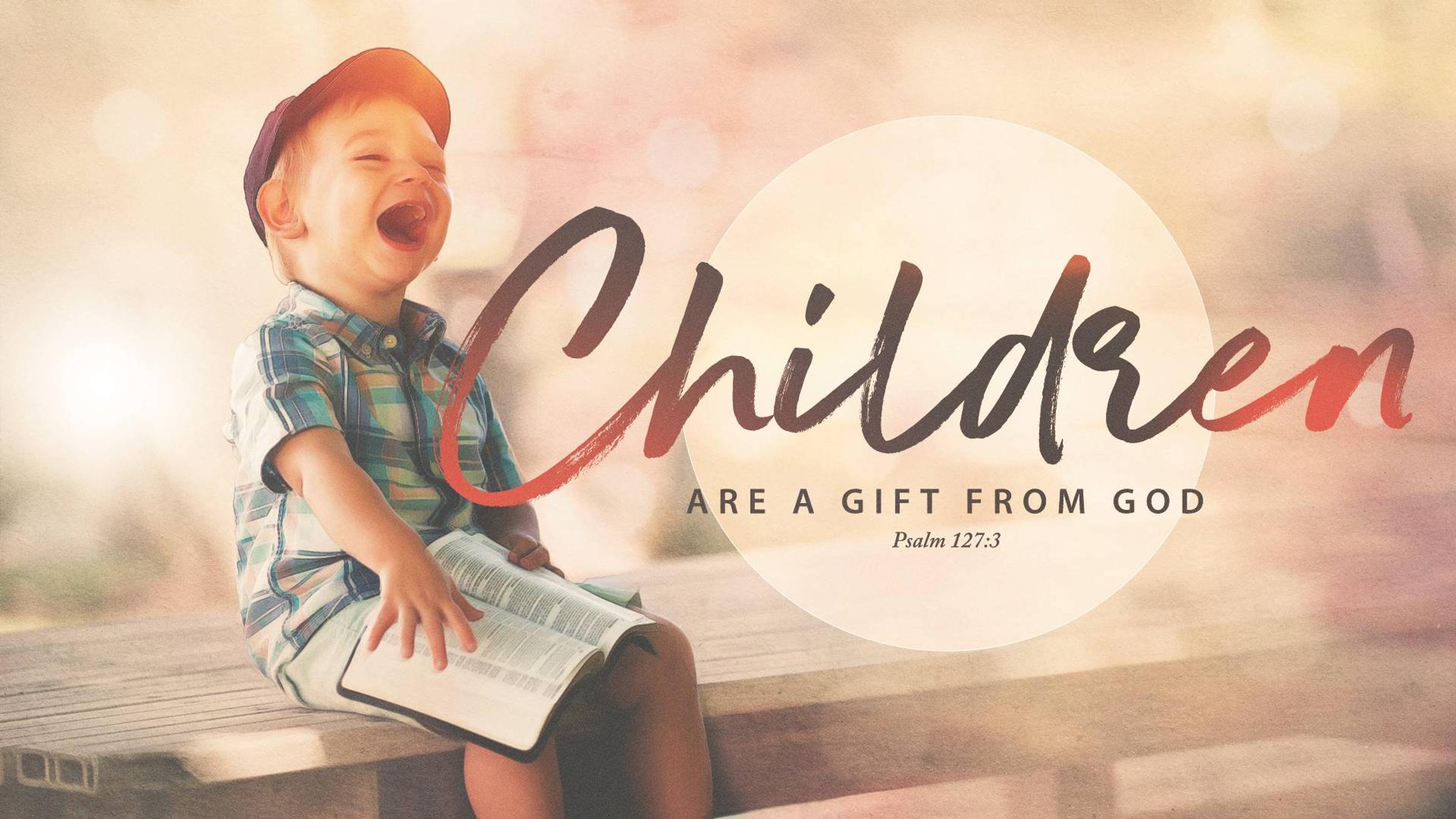Parenting Tip
from Michael Grose, Parenting Ideas

Parenting Tip
from Michael Grose, Parenting Ideas
We’ve all received personal advice that makes us jump through hoops before we see any benefits. Get at up at 5.00am and run 10 kilometres to get fit. Fast two days a week to lose weight. Take your children on a two-week holiday to build better bonds. So much hard work to implement.
The Japanese concept of Kaizen states that small habits are easy to do as they require no willpower. In time, they become a natural part of what you do, and you’re performing better, in this case parenting better, before you know it.
Following are five micro-habits that will impact positively your relationship with your child. You are encouraged to create your own micro-habits, but this list will get you started.
“Make a good first impression as first impressions count.” There’s incredible wisdom in this saying as your first interaction with someone will set the tone for all the interactions that follow. Make your first interaction with your child each day a happy, positive one by greeting them with a smile. Make your eyes light up and not only will you put yourself in a good mood, but you’ll establish an atmosphere of warmth for your child at the start of the day.
Next time you are standing with someone at a party, social or networking event, glance down to see where their feet are pointing. If they are pointed your way, then you have their full attention. If they are pointed elsewhere, then you’d better talk quickly as they’ll soon be heading in the direction that their feet are pointing.
This principle applies doubly to family life. When you know your child has something to say, point your feet toward them and they’ll know that you’re giving them your full attention. If you are sitting and can’t swing your toes around, point your nose in their direction to achieve the same result.
When a child is annoyed, angry, or visibly upset, focus on their feelings before their behaviour. Often, we parent down heavily on behaviour (“Stop that yelling!” “Sit down before you hurt someone.” “That’s an outside noise.”) as we are programmed to control or bring order to a situation. This focus is often ineffective as it’s meeting our needs rather than the immediate needs of the child.
When we focus on feelings first, the behaviour will often improve because you’re meeting a child’s needs, or they finally feel understood. “I can see you’re angry at the moment.” “You seem very excited.” “I get it that your annoyed.”
The advocates of respectful relationships rightfully say that all behaviours are a matter of choice, and aren’t driven by others, the environment or substance abuse. (There’s a caveat here for people experiencing severe mental health disorders where choice for many is not a sound option.) Parents can reinforce the idea of choice by consistently referring to a child’s positive or negative behaviour as a choice. “Good choice, sharing your toys with your brother.” “You could make a better choice and come home on time when your visit a friend.”
We’ve all experienced it. You’re at the end of your tether and you ask your child to clean up/help out/stop annoying a sibling and they flat out refuse. Before you know it, you’ve given your child some parenting advice that doesn’t come from any parenting books, only to regret it a few minutes later. Yes, you’ve just turned into a child yourself.
When you are about to get upset with your child step back, look away (taking your senses away from the source of stress) take three or four deep belly breaths through your nose before you speak. These small steps will instantly relax, and help you think from your pre-frontal cortex (the thinking part of the brain), rather than the reactive lizard brain, which is responsible for the fight/flight response. The key is to practise this micro-habit in low or no stress situations, so it becomes automatic when you’re under stress.
Behaviours become habits become patterns. You practise a behaviour once and it’s just that – a behaviour. Practise it repeatedly and it becomes a habit, which can easily be broken. Keep the habit up for long enough and it becomes a pattern that becomes an entrenched part of the way that you parent.
Michael Grose, founder of Parenting Ideas, is one of Australia’s leading parenting educators. He’s an award-winning speaker and the author of 12 books for parents including Spoonfed Generation, and the bestselling Why First Borns Rule the World and Last Borns Want to Change It. Michael is a former teacher with 15 years experience, and has 30 years experience in parenting education. He also holds a Master of Educational Studies from Monash University specialising in parenting education.